Baldur’s Gate 3 has some powerful spellcaster classes, but none are as similar to each other as the Sorcerer and the Wizard. While these arcane powerhouses might look the same on the outside, the Sorcerer and the Wizard have some key differences that should determine which one you’ll choose for your playthrough.
In D&D lore, Sorcerers gain magic from their blood, usually thanks to a member of their family coming from a supernatural race, such as dragons, giving them a degree of control over their spells. The Wizards of D&D had to learn their spells the hard way, as they used rituals and studying to gain command of a source of magic, giving them a greater knowledge of how magic binds reality together.
Related: Baldur’s Gate 2’s Slayer Form Makes Surprise Return In Baldur’s Gate 3
Baldur’s Gate 3: Sorcerer Pros
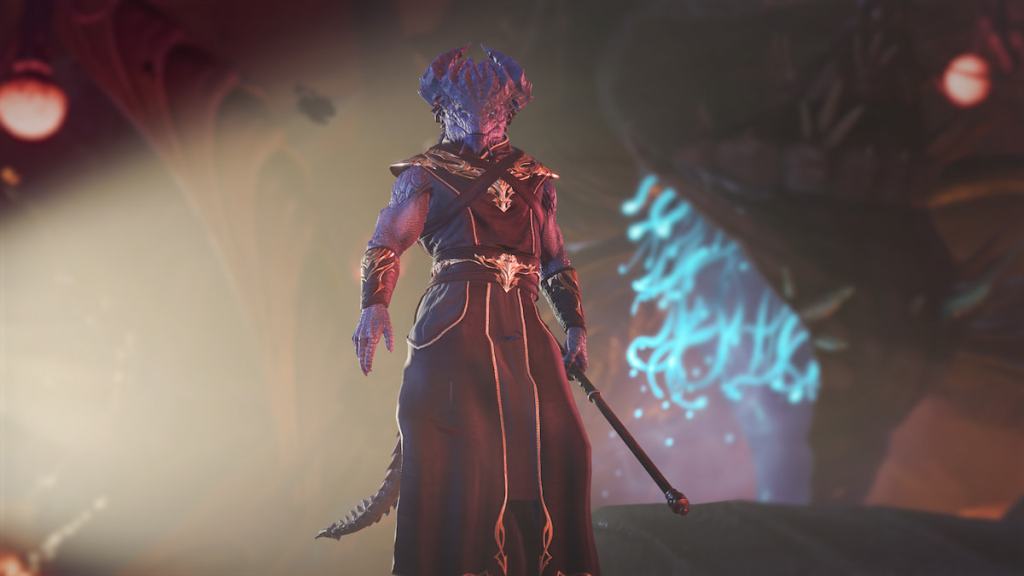
Sorcerers receive the same number of spell slots as Wizards but can produce more on the fly with Sorcery Points. Once a Sorcerer reaches level 2, they can spend Sorcery Points to add new spell slots until they long rest. This is better than Arcane Recovery (a similar power possessed by Wizards), which only refreshes spent spell slots.
The real use for Sorcery Points is with Metamagic. Sorcerers are unmatched when it comes to altering how their spells work, with Metamagic abilities like Quickened Spell used to cast two spells in one turn, Twinned Spell letting them hit an extra target with a single spell, or Distant Spell allowing them to hit targets that are further away. Metamagic powers are incredible in a combat-heavy and strategic game like Baldur’s Gate 3, and they’re the main reason to pick the Sorcerer class.
As mentioned in the Cons section below, Sorcerers only gain new spell slots when they level up, which is a major flaw of the class in D&D. Baldur’s Gate 3 is slightly different, however, as there are lots of magic items that grant access to spells so that the small library can be boosted with rings, amulets, and the like.
While the Sorcerer only has three subclasses (Draconic Bloodline, Storm Sorcery, and Wild Magic), they’re all unique and are a blast to play, with flashy and chaotic powers. While the Wizard subclasses are tied to one of the schools of magic, the Sorcerer subclasses are all about damaging the enemy with elemental wrath and unpredictable spells.
While not directly related to spells, the fact that the Sorcerer is a Charisma-based class is also extremely helpful. Baldur’s Gate has many dialogue choices tied to Charisma skills, such as Deception and Persuasion, so you’ll have an easier time outside combat if your protagonist can talk themselves out of difficult situations.
Baldur’s Gate 3: Sorcerer Cons
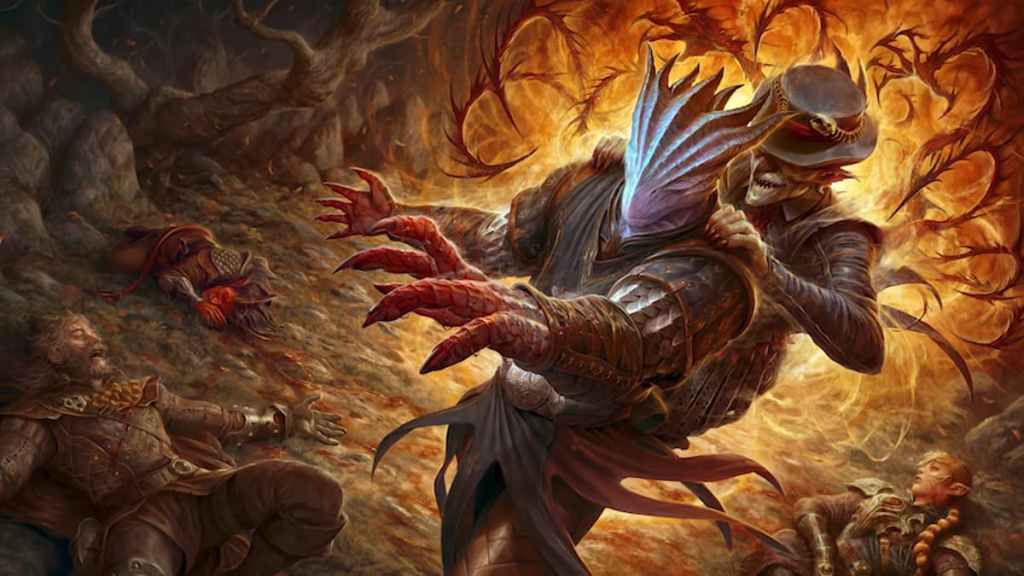
The biggest drawback of the Sorcerer in Baldur’s Gate 3 is that they only gain new spells when they level up, which includes the ability to trade out one existing spell for a new one. In this sense, the Sorcerer isn’t as good for players who are totally new to D&D and Baldur’s Gate 3 because if you pick a bad starting selection of spells and don’t realize it until a few hours in, you may as well start over. This isn’t an issue for the Wizard, which has a lot of options from the outset and can easily add to their repertoire by buying spell scrolls.
The fact that the Sorcerer gains new spells gradually also means you won’t have much room to experiment with the many magical options in Baldur’s Gate 3. You’re going to spend the bulk of the game using the same handful of spells, and while they can be tweaked with Metamagic, you might get bored of relying on the same tricks in every fight.
Baldur’s Gate 3: Wizard Pros
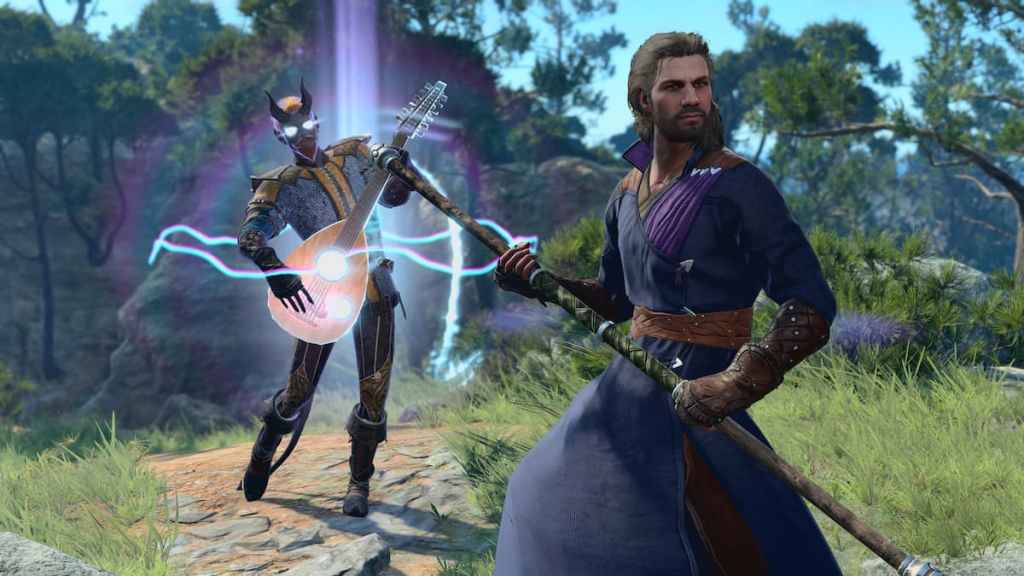
Wizards are the unparalleled masters of preparation among the arcane spellcasters in Baldur’s Gate 3. This is thanks to their ability to change their prepared spell list on a long rest. Wizards can also add spells to their list if they copy a spell scroll to their spellbook. Compared to most D&D campaigns, Baldur’s Gate 3 is teeming with spell scrolls, so it won’t be long until you’re stacked with options.
The reason this is so good is because it allows you to come into encounters with the best possible options available to you. If you know an enemy will have resistances or weaknesses to certain elements, you can tailor your selection accordingly. Is the next dungeon teaming with traps and environmental hazards? You can switch your selection to help you bypass things that can kill your party.
The Wizard’s larger spell selection also means it’s much harder to make a build you’re not happy with, especially compared to the Sorcerer and the Warlock. It’s really easy to find spell scrolls in Baldur’s Gate 3, so you’ll always have fun new tools to experiment with without being locked into a small selection of spells over your level progression. It also bears mentioning that Wizards have access to more exclusive spells per level than the Sorcerer.
The Wizard has the largest selection of subclasses in the game, with each focusing on one of the eight schools of magic. This allows you to focus on one school (with Abjuration and Evocation being among the best in a combat-heavy game like this), with powers that help you specialize in certain strategies while maintaining access to all your options.
While the Sorcerer excels at Charisma-based skills, the Wizard excels at Intelligence-based skills. These are very useful while exploring dungeons, as they’ll often give you information about the dangers that lie ahead or reveal secrets that will be useful later on.
Baldur’s Gate 3: Wizard Cons

This is a meta-example, but one major strike against playing as the Wizard class in Baldur’s Gate 3 is that the game gives you one out of the gate. One of the earliest party members you’ll receive in Baldur’s Gate 3 is Gale, a Wizard with an interesting personal storyline involving the goddess of magic. Gale joins the party at level 1, so you’ll also get to fully customize his abilities. as he chooses his subclass at level 2.
It’s easy to see why Larian gave you a Wizard party member early on, as you need allies to help you survive the first few hours of the game. Gale is a great character for learning the various gameplay systems, but he might be a little too good, as his presence in Baldur’s Gate 3 downplays the need to play a Wizard yourself.
As mentioned in the Sorcerer section, Baldur’s Gate 3 gives the player many magic items that give you access to spells, not counting the many potions and spell scrolls you find in the game world. This takes away from the Wizard’s advantages, as there are many temporary or one-shot ways to cast spells, even if you’re not always guaranteed access to them, all while never having access to Metamagic.
Baldur’s Gate 3: Which Is Better – Sorcerer Or Wizard?
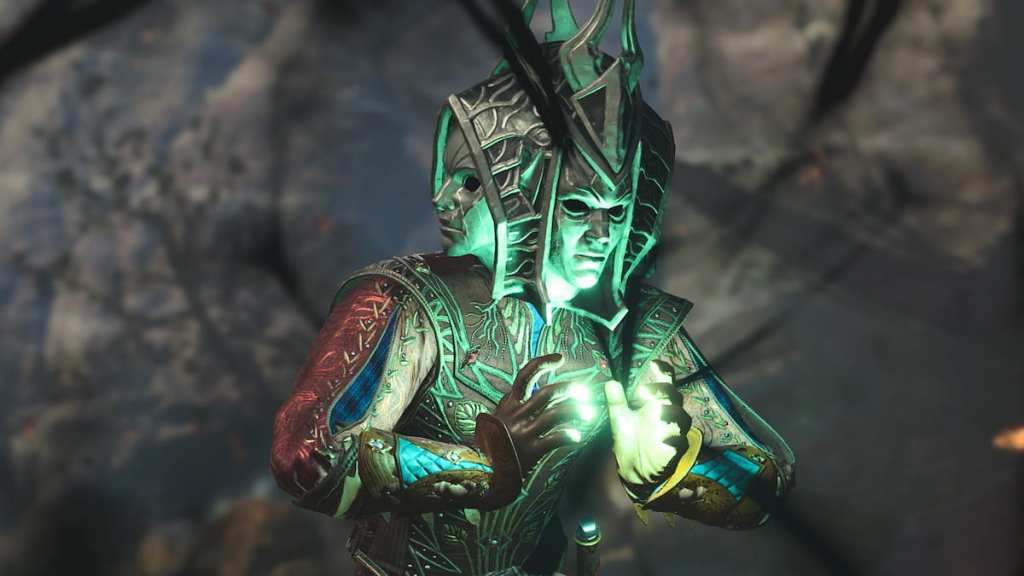
If you really want to play a Sorcerer or a Wizard, go with your heart, as neither choice is incorrect, and your own enjoyment should come ahead of min-maxing nonsense. In my opinion, the Wizard is the better class for new players, as their spellbook gives you more chances to experiment without locking yourself into a decision you’ll regret later.
Related: Baldur’s Gate 3: What’s The Level Cap?
By comparison, the Sorcerer is the better class for D&D or Baldur’s Gate vets, as Metamagic and their subclass options make them more interesting when it comes to using your spells to their fullest potential. You also get a Wizard party member during the early hours of Baldur’s Gate 3, so you can try out both and see which one you enjoy more.

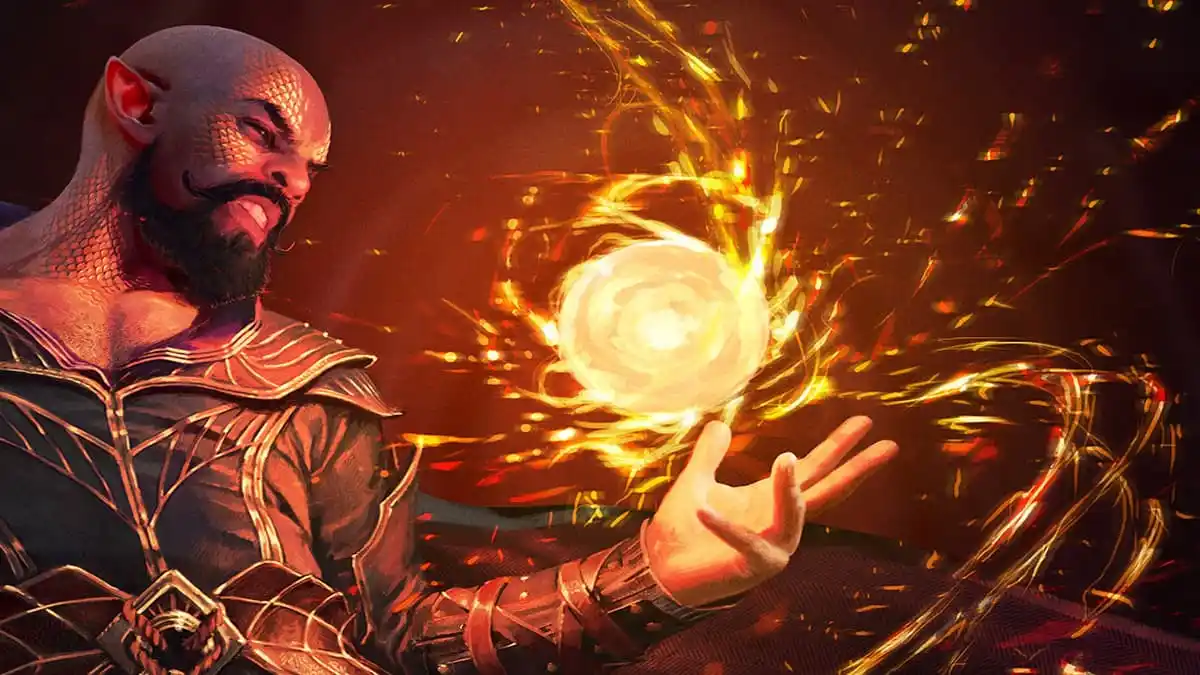
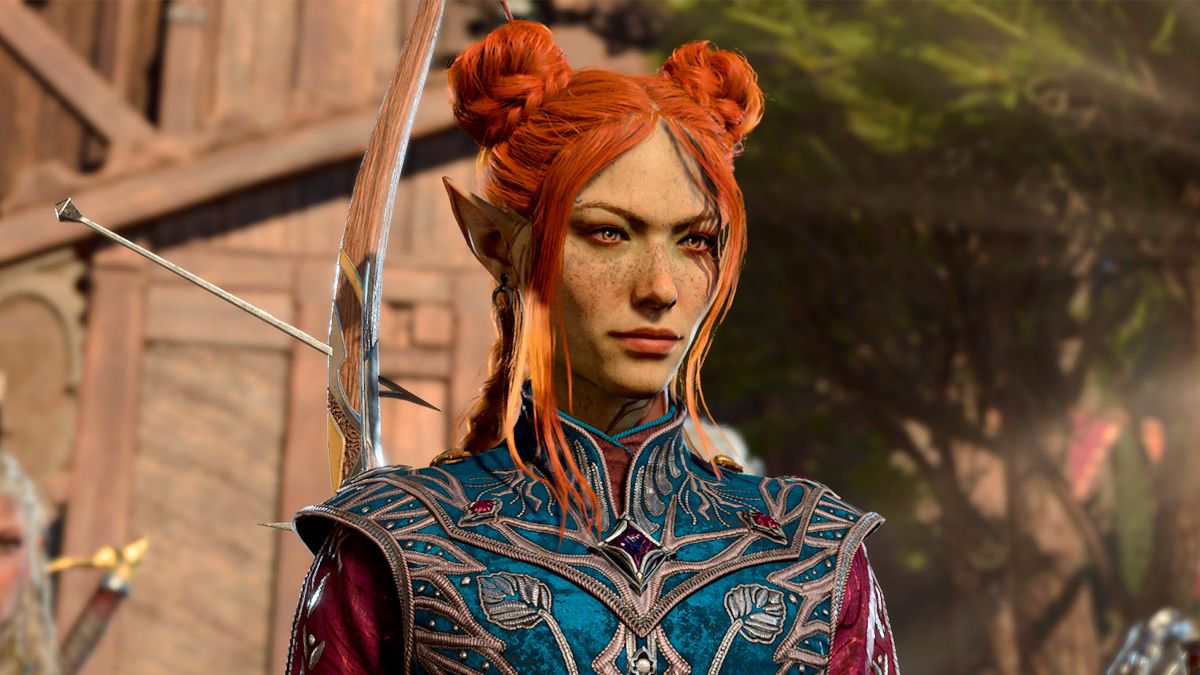
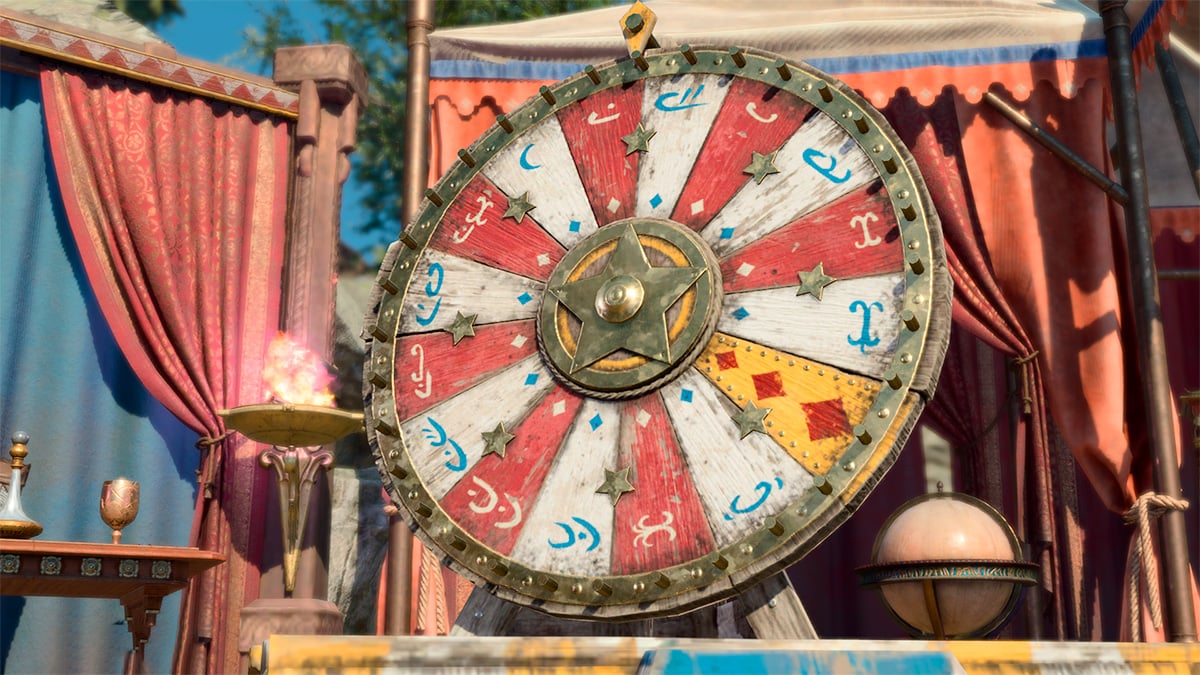
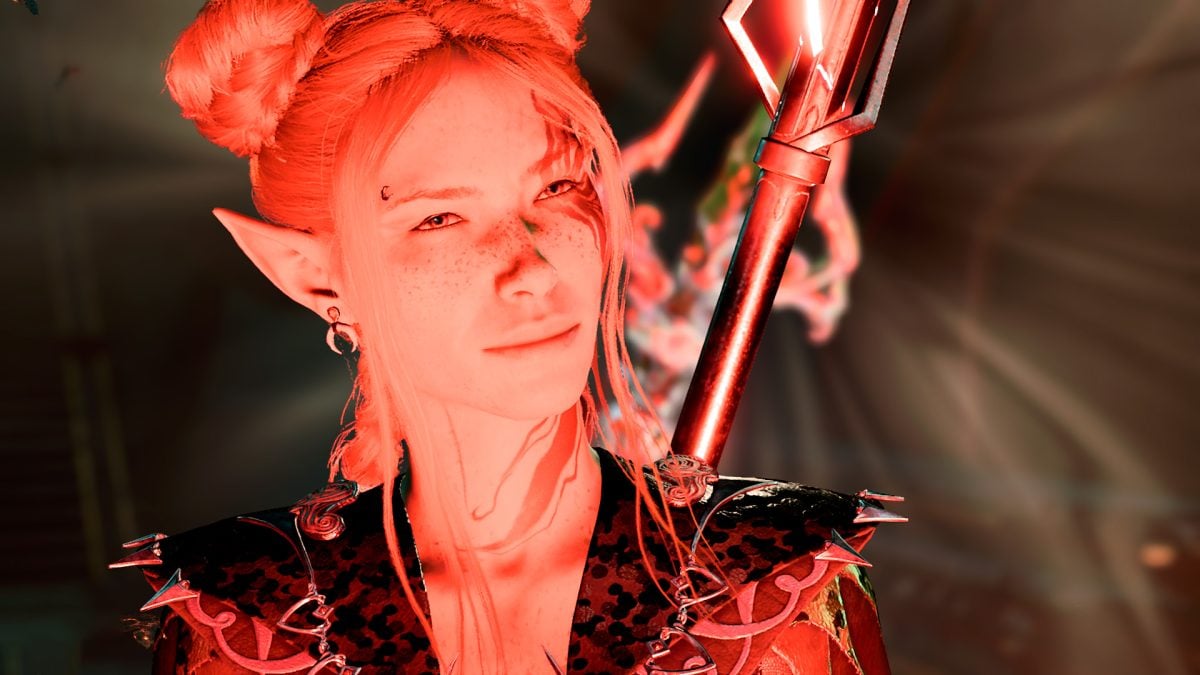
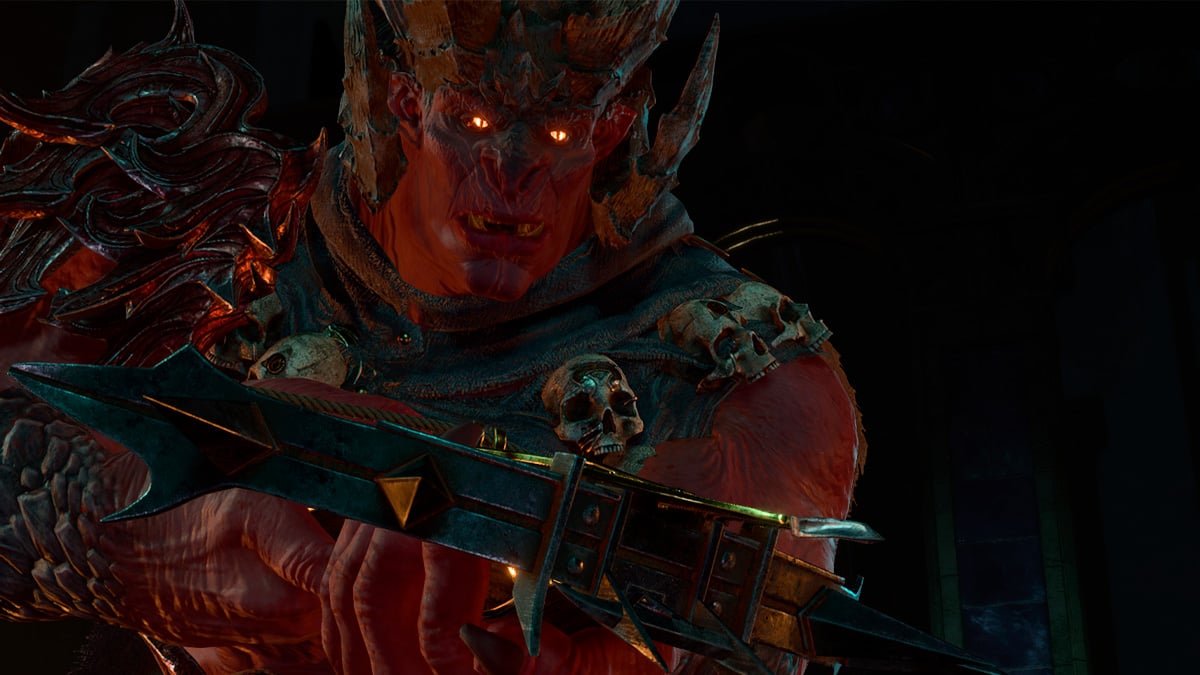

Published: Aug 7, 2023 09:22 pm